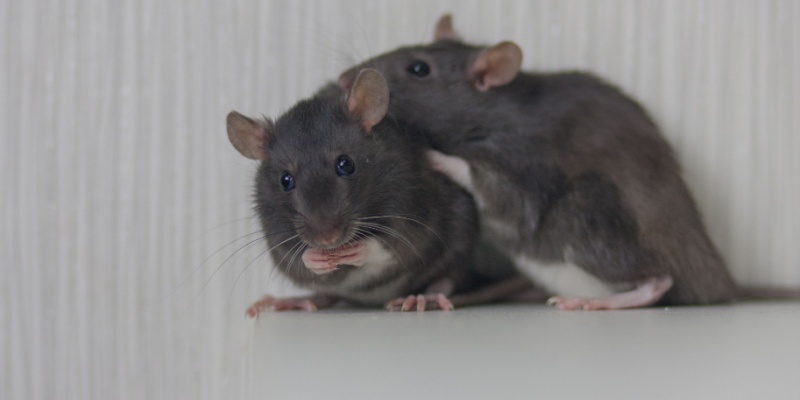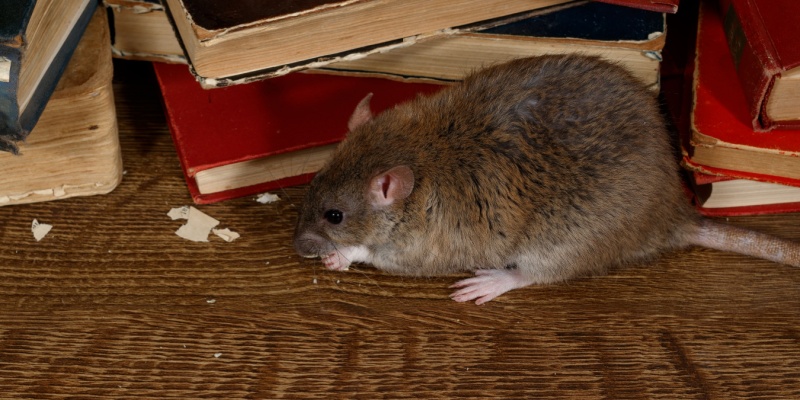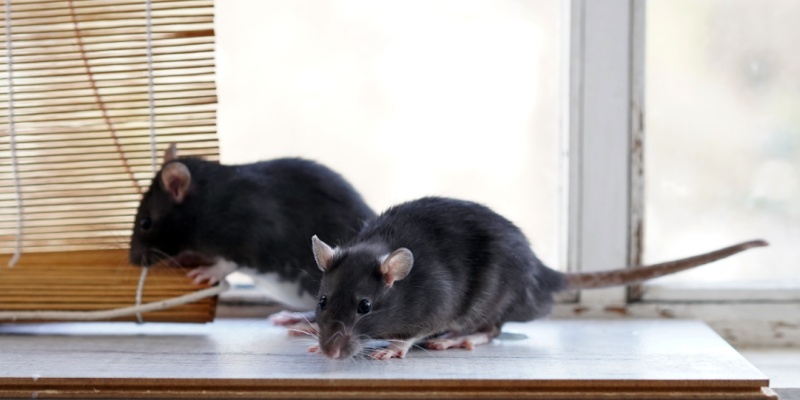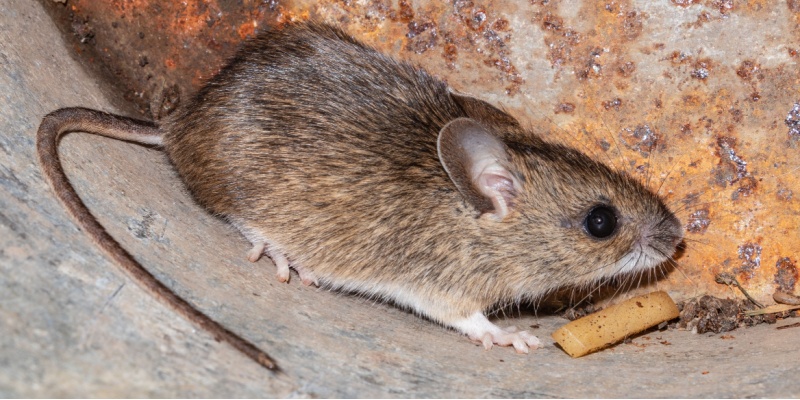After a period of intense rainfall, many Nashville homeowners notice an unsettling increase in rodent activity around their properties. While it might seem like a coincidence, there are practical explanations for why rats and mice appear more frequently following heavy downpours. By understanding the root causes and environmental factors that come into play, homeowners can take proactive measures to keep these unwanted guests at bay.
Shifting Habitats and Burrow Displacement
Rodents typically establish their homes in places where food, water, and shelter are readily available. Many choose to dig burrows underground, nest within thick vegetation, or find hidden corners under decks and sheds. When a heavy rainstorm hits, these environments often flood, forcing rodents out of their comfort zones. Rising water levels push them into higher ground, which often means closer to residential areas. It’s not uncommon to find rats and mice seeking refuge in attics, garages, and basements after a storm, simply because their usual nesting spots have become inhospitable.
Increased Food Availability and Attractants
Heavy rains can stir up soil, wash debris into yards, and knock fruit and nuts off trees, making it easier for rodents to locate food sources near homes. Flooded storm drains and overflowing trash bins also provide convenient meals. Once mice or rats realize a particular yard or garage offers easy pickings, they’re more likely to stay. Over time, these new feeding grounds can transform a short-term stay into a long-term infestation if homeowners don’t take steps to remove access to food.
Easier Access Through Damaged Structures
Severe rainfalls can also compromise a home’s exterior. Water might weaken certain building materials, and saturated soil can shift foundations, opening new cracks or enlarging existing gaps. Strong winds and water damage may loosen vents or shingles, providing rodents with new entry points. With the natural wear and tear that follows a heavy storm, it becomes simpler for mice and rats to squeeze inside. Even the smallest gap under a door or around a utility line can serve as a welcome mat for these persistent creatures.
Changes in Vegetation and Landscaping
While rain is essential for healthy plant growth, it can also contribute to rodent-friendly conditions. Overgrown shrubs, tall grasses, and thick mulch beds can flourish after heavy rains, providing excellent cover for rodents to move around undetected. Hidden pathways through dense vegetation allow them to travel closer to homes without being spotted by predators or people. As a result, it’s not unusual for homeowners to find rodents lurking near their back porches or patios after a period of intense rainfall.
Humidity and Shelter Seeking
Wet weather doesn’t just push rodents out of their homes—it also makes them more eager to find dry, warm places to settle. Attics, crawl spaces, and storage rooms often fit this bill perfectly. With humidity rising, rodents prefer the comfort of a sheltered environment. Once inside, they may begin to forage for food, breed, and build nests. Without proper intervention, what starts as a temporary escape from the rain can quickly evolve into a substantial infestation.
Preventive Measures and Maintenance
Fortunately, there are steps homeowners can take to discourage rodents from moving in after heavy rainfalls. Regularly inspecting the exterior of your house and sealing any holes, cracks, or gaps is a good start. Weather-stripping around doors and windows, repairing loose shingles, and installing screens on vents and chimneys can all keep rodents from entering. Ensuring that gutters and downspouts direct water away from your foundation can also help reduce soil erosion and prevent the formation of entry points.
It’s wise to keep landscaping well-trimmed and clutter-free, especially following a storm. Remove fallen fruit, nuts, and other debris that may attract rodents. Keep trash cans sealed tightly and store pet food indoors. By limiting food sources and cutting back thick vegetation, you make your home far less inviting.
Responding to an Infestation Quickly
If you’ve noticed increased rodent activity after a heavy rainfall, it’s important to address the issue promptly. Setting traps and inspecting common nesting areas is a good first step. If the problem persists or seems too overwhelming to handle on your own, consider seeking professional assistance. Specialists can identify entry points, remove rodents safely, and recommend long-term solutions to reduce the likelihood of recurring infestations.
Staying Ahead of the Weather
Heavy rainfalls are a normal part of life in Nashville, but understanding why rodent infestations spike after these storms can help homeowners stay one step ahead. By taking proactive measures—such as sealing entry points, maintaining a clean yard, managing food sources, and reaching out to a pest control pro —you can reduce the risk of a surge in rodent activity around your home. Ultimately, knowing the link between weather and rodent behavior will help keep your living space clean, safe, and comfortable, no matter what the forecast has in store.



